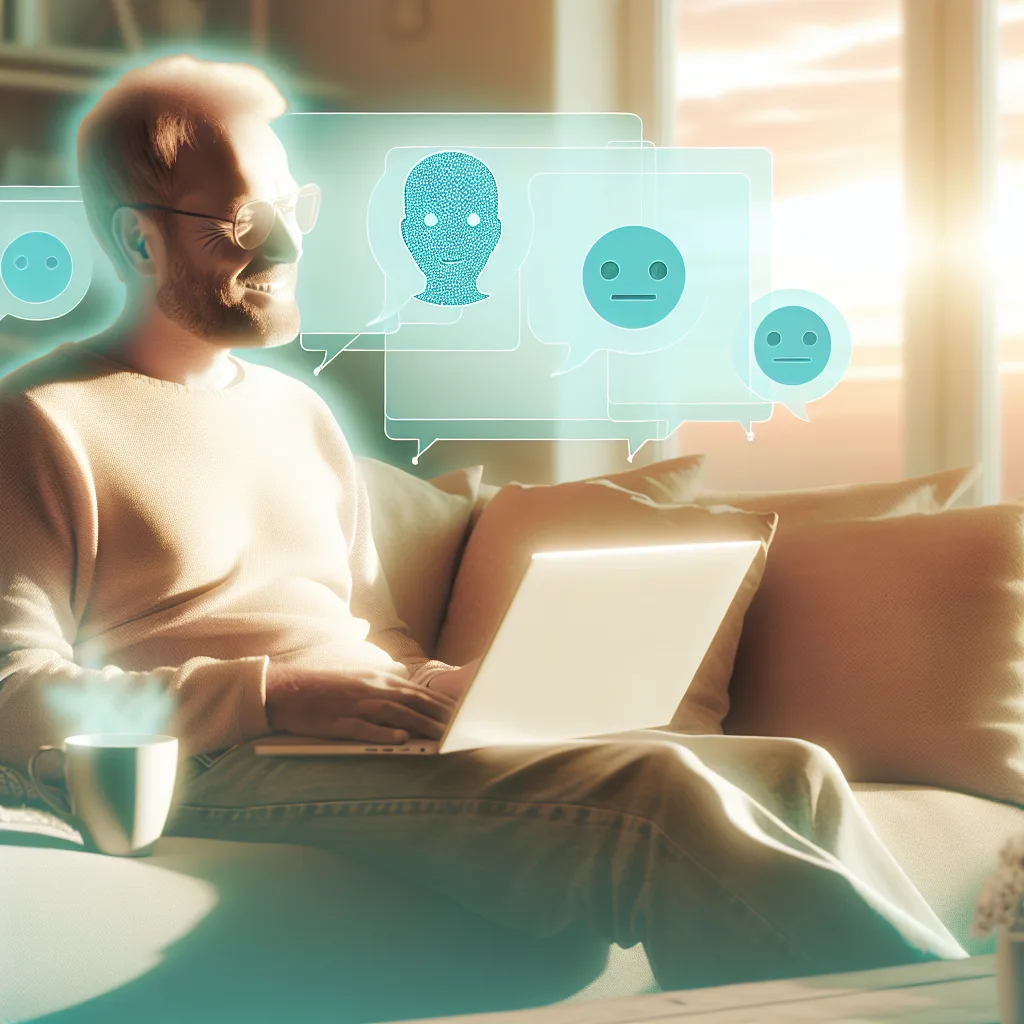Exploring AI chat history as a tool for personal insight and mental wellness
Ever find yourself struggling to remember exactly why you felt a certain way a few weeks ago? I do. Our brains are just not built to keep perfect track of emotions and events over time. But you know what might be? AI chat history. This kind of digital memory can offer a fresh way to reflect on our feelings and behaviors — something we often miss in day-to-day life.
What is AI Chat History?
AI chat history means all the conversations you’ve had with an AI, saved over time. Each chat can be like tiny diary entries about your mood, thoughts, or struggles. Because AI systems remember (or can access) past conversations, they can help spot patterns and trends you would likely miss.
Seeing Patterns You Might Miss
Here’s the kicker: an AI looking back at your chat history could say stuff like, “Hey, you get really down on Sunday nights after a night out” or “You seem happier on days you go outside.” It’s simple things like this that can really open your eyes to how your habits or emotions are connected.
Some new AI therapy and character analysis apps are already starting to generate reports from your chat history. These can highlight clinical themes or offer insights about where you might improve or where you tend to struggle. For example, Zosa.app is one that uses AI for this kind of character analysis.
Why Isn’t AI a Replacement for a Therapist?
Let’s be clear: AI isn’t a substitute for a professional therapist or psychiatrist. Humans bring empathy, experience, and a level of personalized care machines just can’t match. Also, some mental health issues require treatment and support that goes far beyond what any app can provide.
But AI has some unique advantages. It’s always available — no waiting for an appointment or feeling awkward sharing emotions face-to-face. It can capture those late-night thoughts or crisis moments at 2 a.m. that you’d otherwise forget by morning. Over time, it can build an ongoing picture of your mental landscape.
How to Get the Most from AI Chat History
Of course, the value you get from this depends a lot on how honest and open you’re willing to be with the AI. It’s worth experimenting to see if it helps you find new perspectives or notice things about your feelings.
A recent OpenAI paper talks about using AI to understand emotional states better. OpenAI also highlights their efforts in helping people when they need it most, showing there’s serious research going on to use AI responsibly in mental health.
Final Thoughts
AI chat history isn’t for everyone, and that’s fine. It’s not a miracle cure but a tool that could provide interesting insights and help with self-understanding over time. Think of it as a tech-powered journal that’s a bit smarter at helping you make sense of your emotional patterns.
If you want to explore more about AI in mental health, check out this informative article from the National Center for Biotechnology Information.
So, next time you’re chatting with an AI, remember you might be writing more than just a conversation — you could be building a personal map to better mental health.
